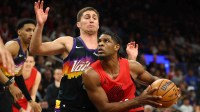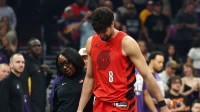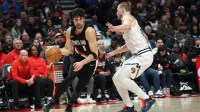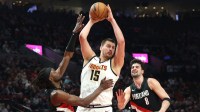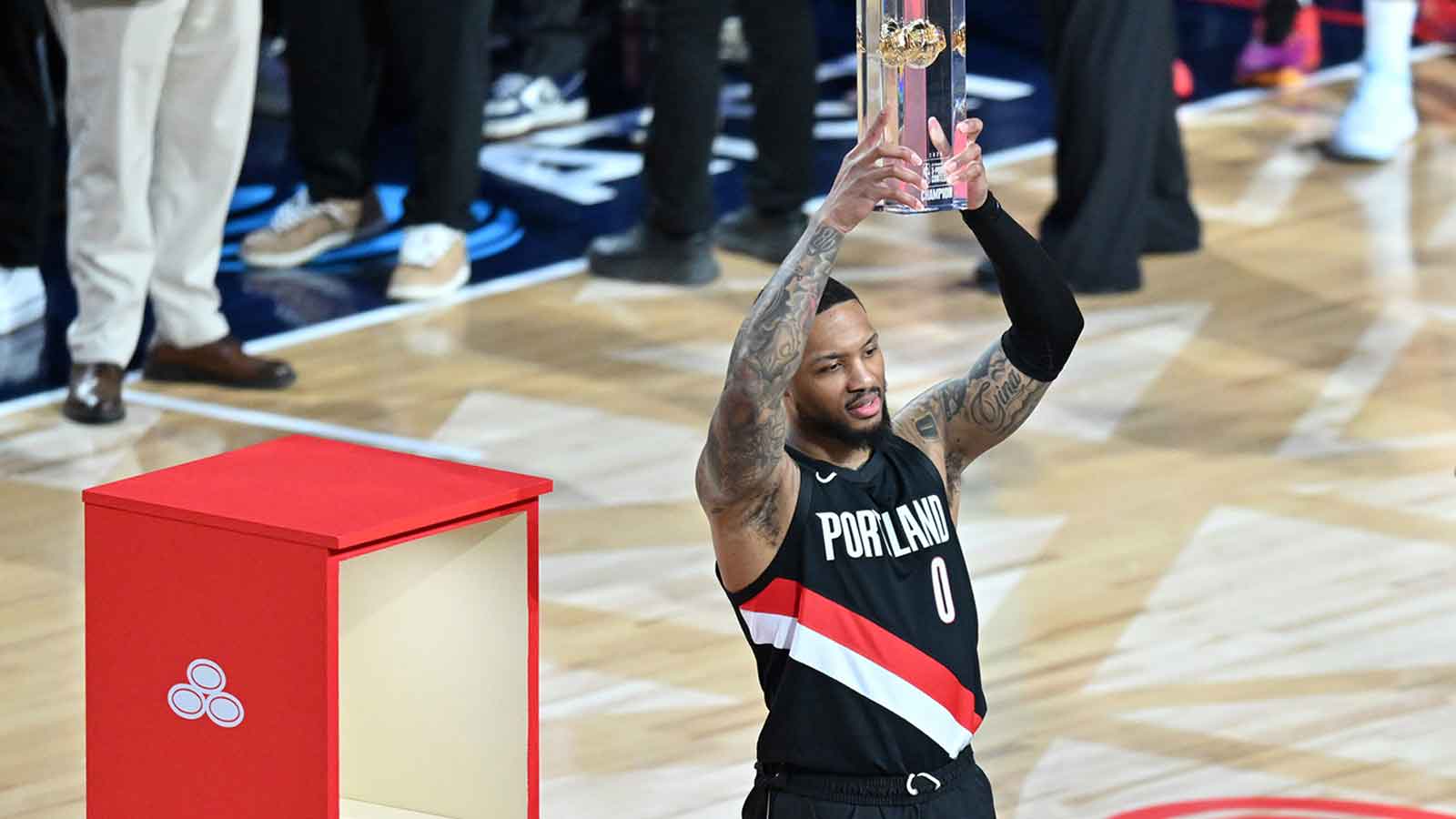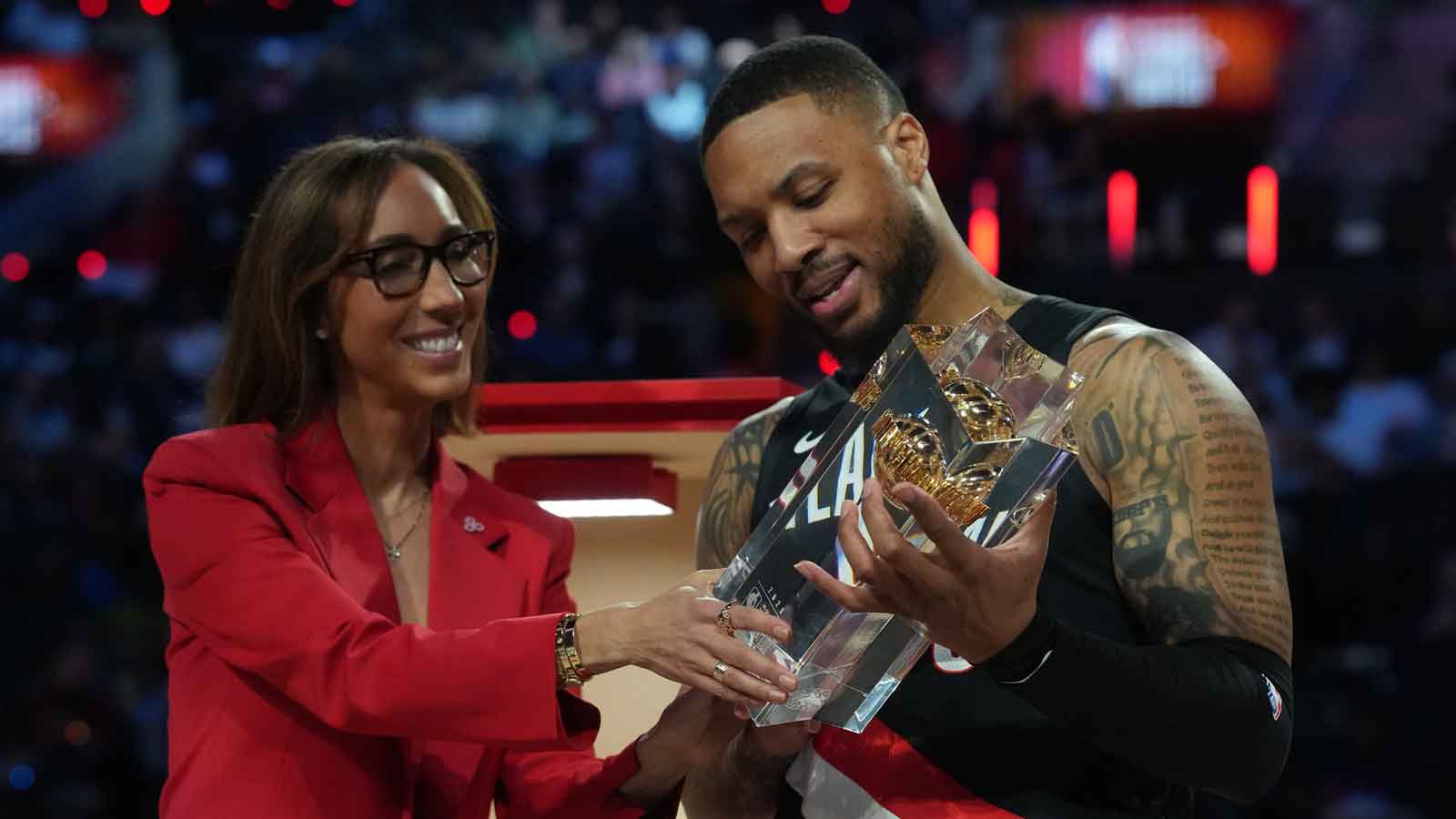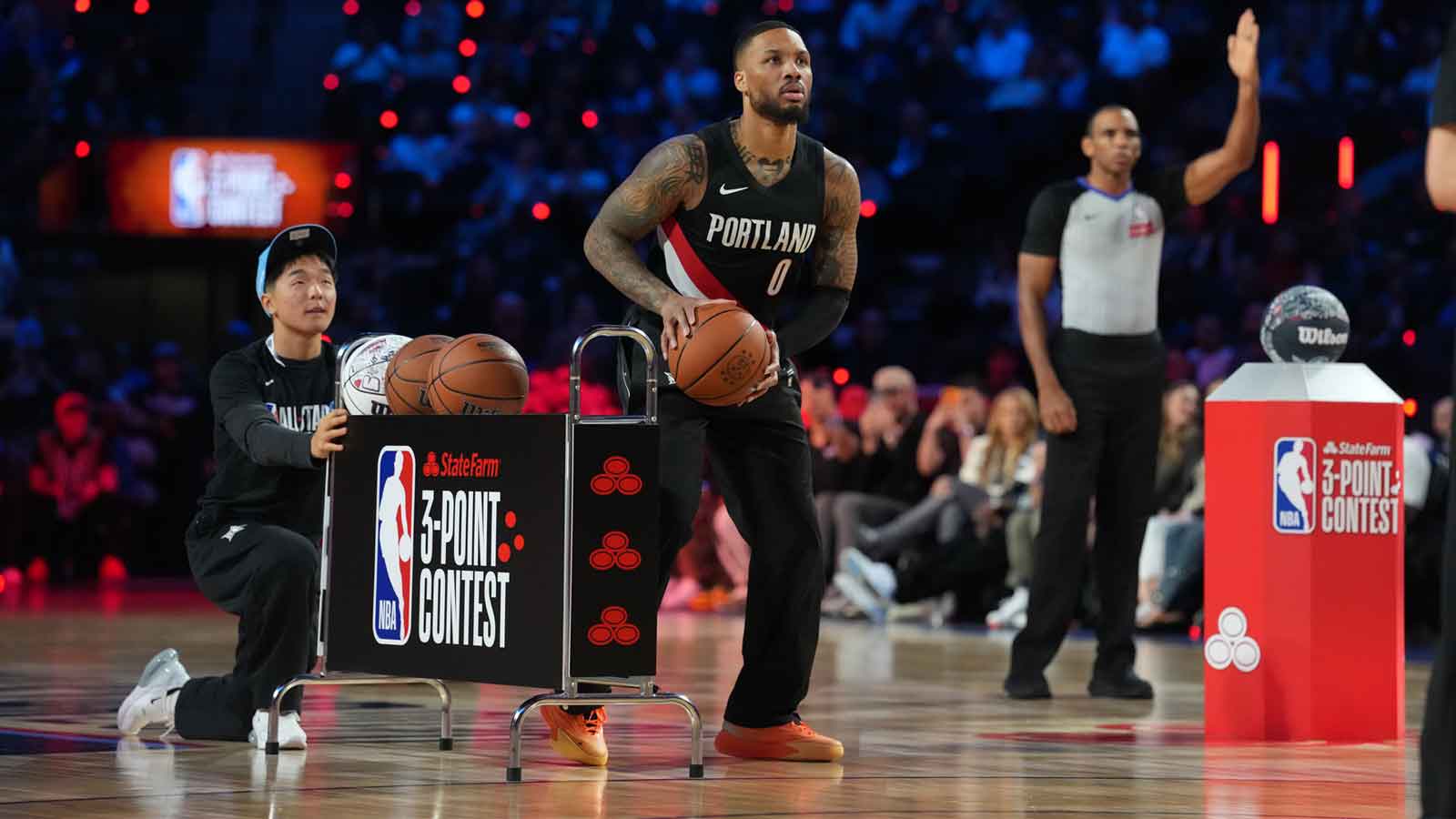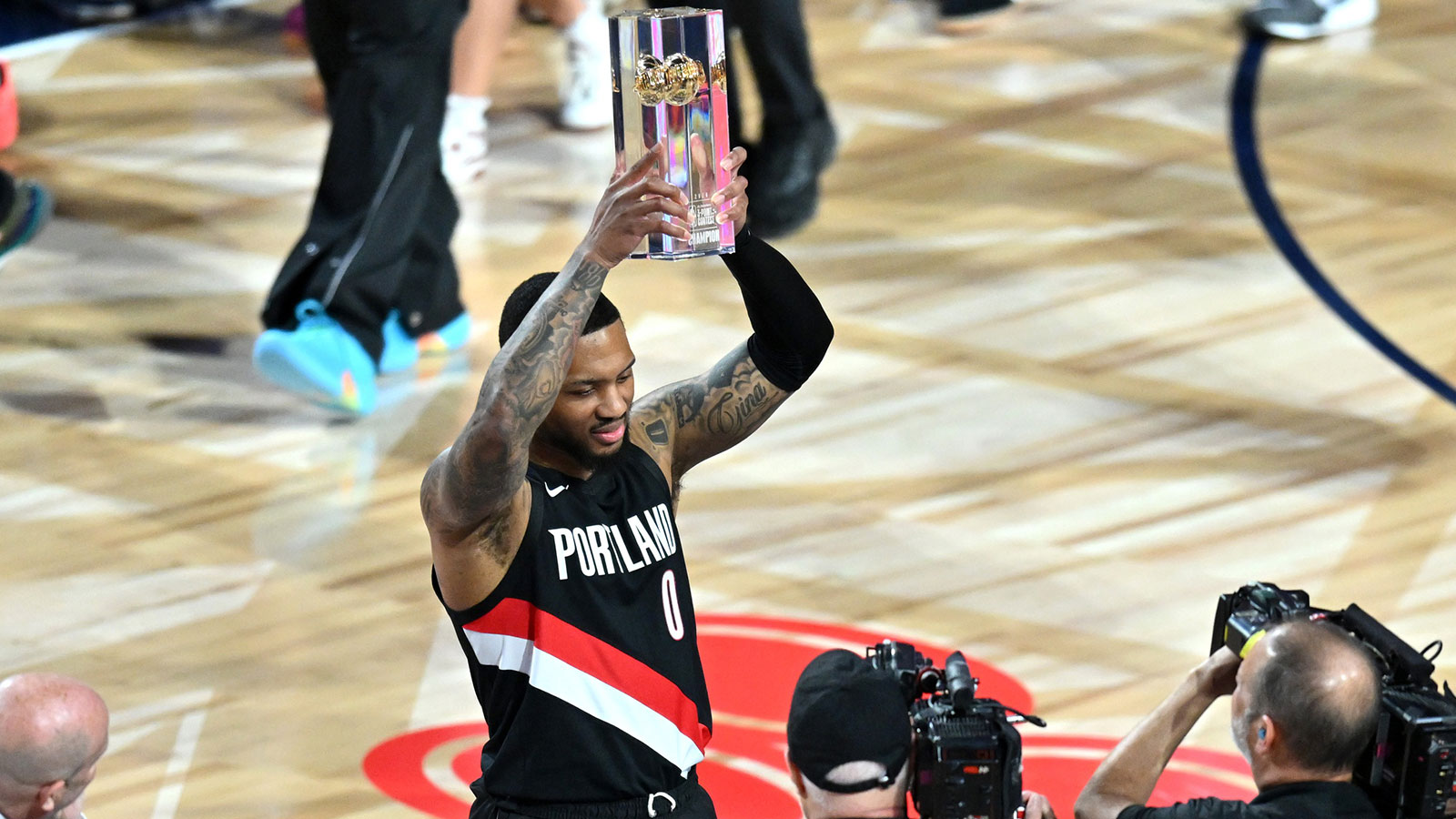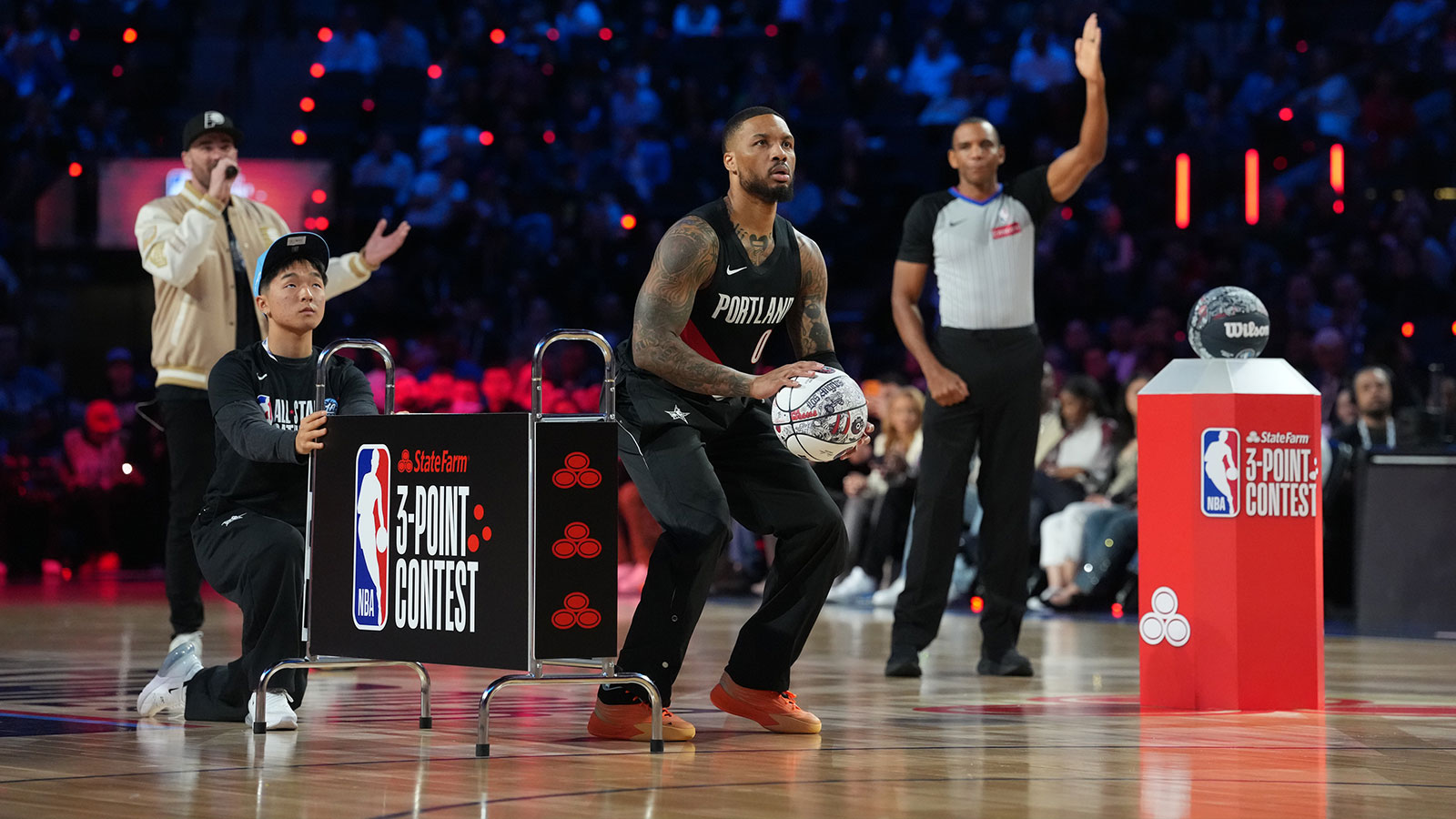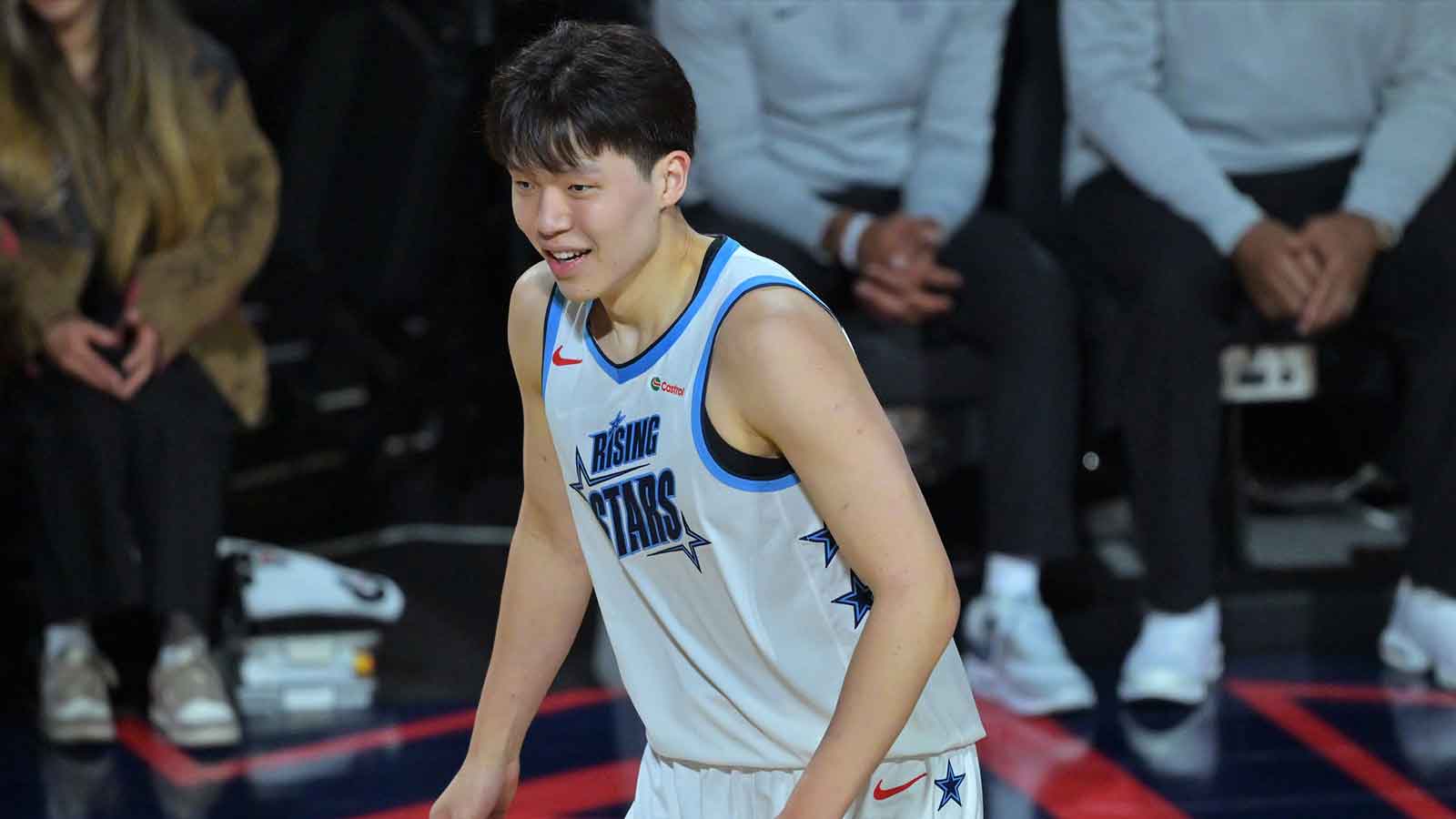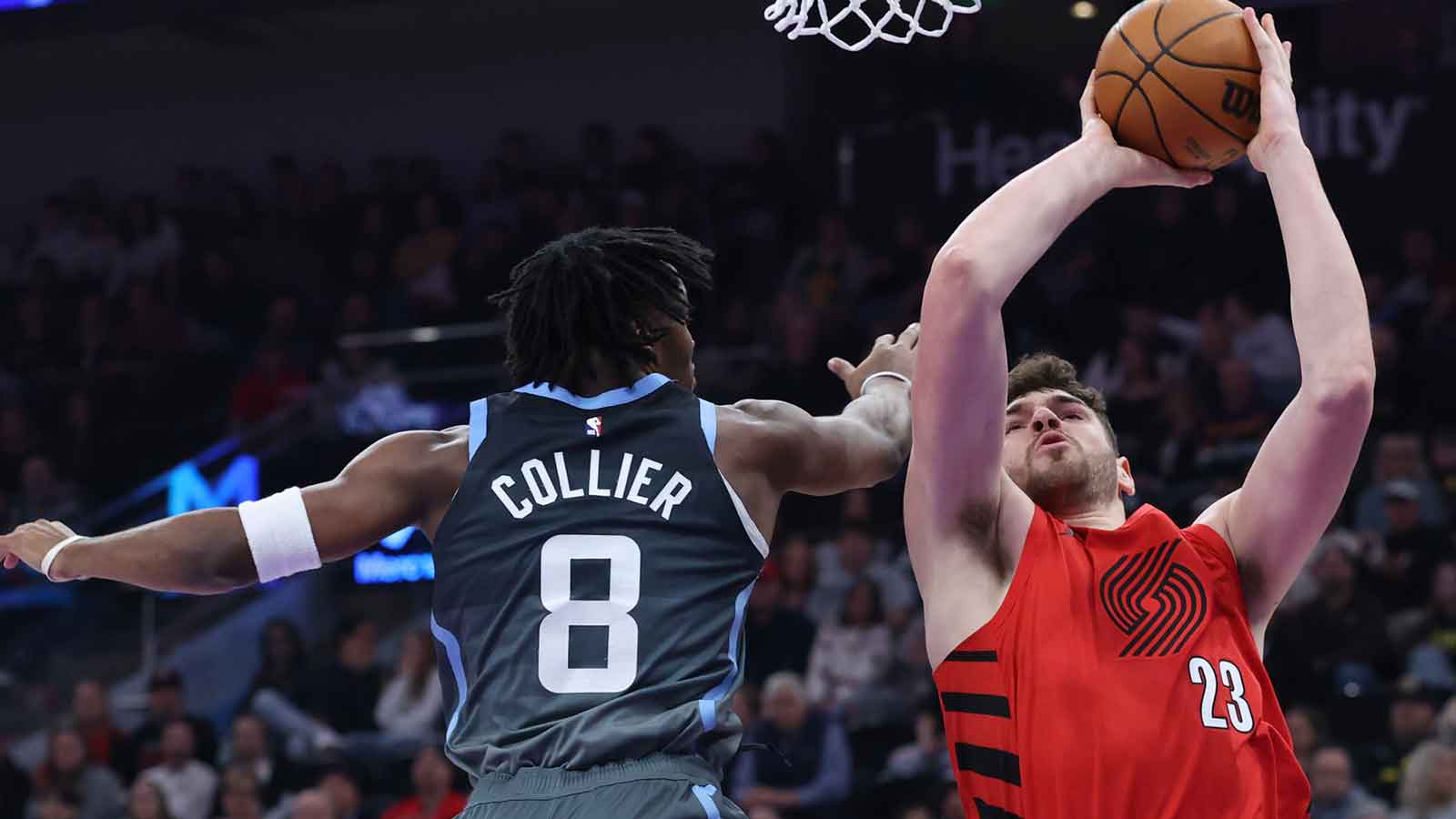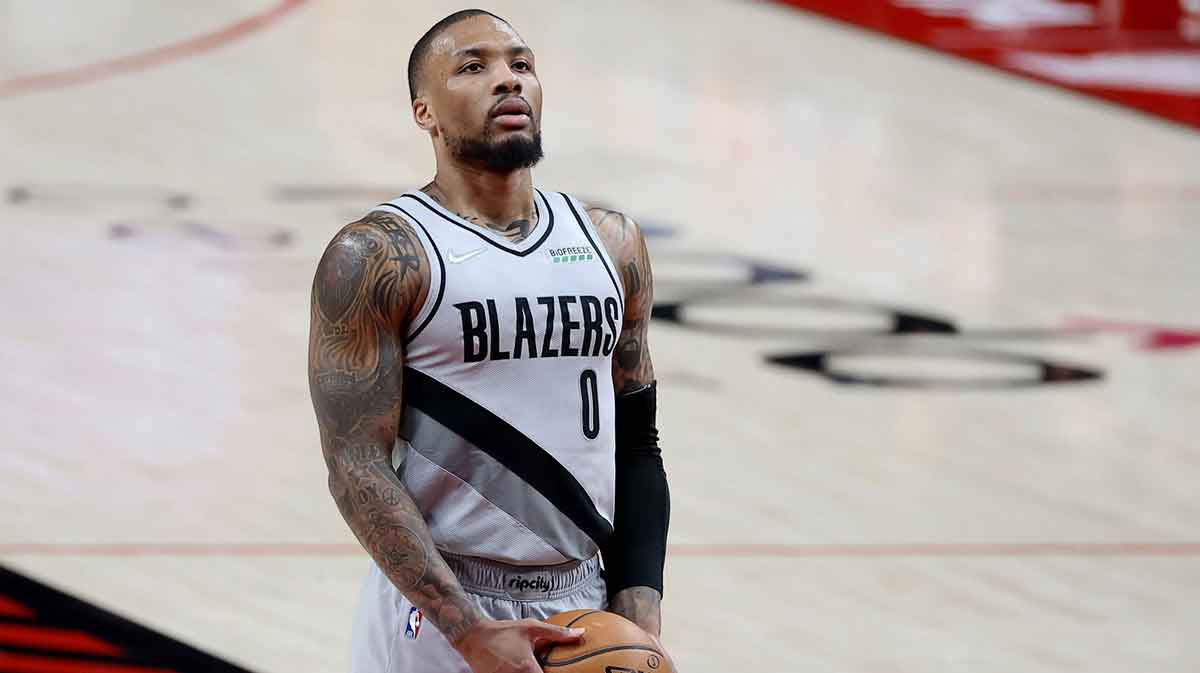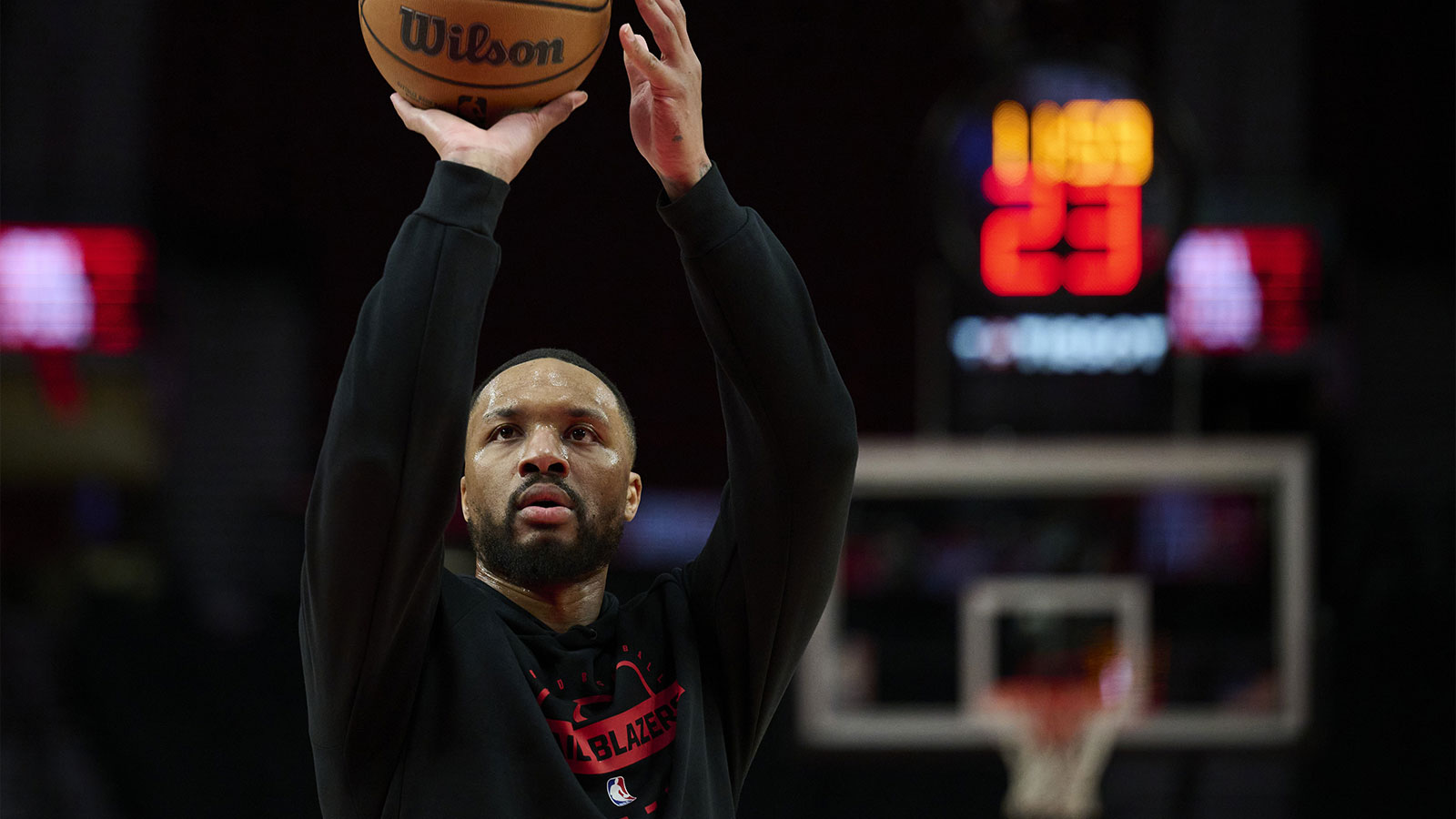Regardless of when the investigation into allegations of Neil Olshey fostering a “toxic” workplace was finished, Jody Allen almost certainly wasn't going to find a better time to fire the Portland Trail Blazers' longtime general manager than Friday morning.
The Blazers included no conclusions from that probe in their announcement of Olshey's dismissal, simply specifying that an “independent review” of the accusations levied against him was complete. They also clarified that out of respect for those who participated confidentially, details of the investigation won't be publicly released or discussed. The closest Portland came to directly acknowledging Olshey's wrongdoing was the hopeful sentiment that a change at the top of the front office—for now, promoting Joe Cronin to interim GM—will “build a more positive and respectful working environment.”
Statement from the Portland Trail Blazers pic.twitter.com/W9j4V3nNl2
— Portland Trail Blazers (@trailblazers) December 3, 2021
Only Allen and team higher-ups know for sure when the review of Olshey's conduct, which Portland opened all the way back on November 5th, turned up enough verifiable intel to fire him. Subsequent reporting about Olshey's tactics of bullying, intimidation and “profanity-laced tirades” came as no surprise to anyone following the Blazers for the better part of the last decade.
It was no secret when the late Paul Allen banned him from sitting courtside at home games in 2017 after Olshey was seen yelling at Terry Stotts and combatively engaging with opposing players and teams. Portland painted the abrupt mid-November resignation of CEO Bruce McGowan as an expected development, but Jason Quick of The Athletic reported that existing friction between he and Olshey played a factor in McGowan moving on when he did.
The Blazers, basically, have known for weeks and likely far longer that Olshey's approach to workplace dynamics was damaging. The league's other head honchos even tried getting out in front of his prospective dismissal, pushing harder for the formation of a professional association that would “collectively support executives with access to legal defense funds, lawyer referrals and public relations professionals,” according to ESPN's Adrian Wojnarowski.
Everyone around the NBA could see what was coming—well, at least if Allen was comfortable with the prospect of paying Olshey the remainder of his contract amid inevitable legal disputes that would result from his firing. The truth is that Portland passed that rubicon while beginning the probe into Olshey in the first place. Even a notoriously hands-off owner like Allen, in the public eye for decades, no doubt knew that retaining Olshey beyond the investigation would be untenable for the organization at large.
Allen can thank the players and coaches for making the timing of her decision less delicate. Even Olshey, the proudest and most vocal defender of the Blazers' core, had to be close to fed up watching his admittedly short-handed team barely show up in Thursday night's 114-83 loss to the bottom-dwelling San Antonio Spurs at Moda Center, where Portland had previously suffered just a single loss all season.
A frustrated Chauncey Billups seemed to speak for all of Rip City on the post-game podium.
“I want us to compete harder. I want us to be more competitive in every game,” he said. “I don’t feel like every night we do that. I really don’t. I don’t feel like we do that every night, and that concerns me.”
The most hopeful takeaway from the Blazers' early-season struggles and the controversy regarding Olshey is that they were inextricably linked. It's safe to assume coming to work every day over the past month while the specter of Olshey's alleged misconduct and prospective departure loomed was far more difficult than normal for the organization's rank-and-file. Who's to say the unavoidably fraught nature of that environment didn't hang over the team itself?
To a man, Billups, Damian Lillard, Jusuf Nurkic and the rest insisted otherwise, and it was easy to believe them. The behavior that ultimately led Portland to part ways with Olshey didn't suddenly materialize in 2021-22; it's been an open secret in Rip City for years. The difference now isn't just that multiple employees came forward with complaints about Olshey, but that in 2021 what's acceptable and even tolerable comportment from office higher-ups in every workplace, thankfully, has shifted.
Will ultimately replacing Olshey with rumored candidates like Memphis Grizzlies executive Tayshaun Prince or New York Knicks GM Scott Perry, both friends of Billups dating back decades, make the organization a more modern, welcoming place to work? Anything different would be a disaster. Either way, expecting Olshey's ouster to light a fire under players that coaches, fans and media alike know is sorely needed is setting yourself up for disappointment.
Billups has gone public with critiques of Portland's personnel, on multiple occasions lamenting his team's lack of size on the wing and overall offense-first composition. His concerns surely aren't much different from ones that almost caused Lillard to demand a trade over the summer, only for Olshey to answer his calls for roster upgrades by signing three veterans to minimum salaries and trading a first-round pick for Larry Nance Jr.
Nurkic, playing on an expiring contract, pointedly lamented his lack of offensive involvement immediately after the Blazers were eliminated from last year's playoffs by the short-handed Denver Nuggets. He expressed similar sentiments in just the last two weeks, with preseason expectations of a true breakout campaign having almost faded entirely. Before Nassir Little went down with a sprained ankle, momentum had built for him to eventually supplant the largely ineffective, always inconsistent Robert Covington—also a pending free agent—as a starter.
Lillard shook off the worst slump of his career to play near an all-league level lately, but it was obvious even before he was shelved for at least 10 days that his nagging core injury would affect him all season. Anfernee Simons, improved as he is in 2021-22, isn't ready to pick up Lillard's slack as a primary creator. Though Norman Powell has thrived in Billups' motion-heavy offense for the most part, there's not much room for him left to grow at 28. The same goes for C.J. McCollum, who's cooled off considerably after a hot start, performing hardly any different from the productive yet limited player always overstretched as a good team's second option.
Chemistry and culture in the locker room have been perhaps the biggest driving factor behind Portland's sustained success in the Lillard era. Despite the team's obvious affinity for Billups and its collective commitment to accountability in training camp, the palpable camaraderie that's helped the Blazers make the playoffs for eight years running—the longest active streak in the league—has been noticeably absent since the season tipped off six weeks ago.
Will Olshey's firing lift a weight carried by everyone in the franchise over the last month? Undoubtedly. But the players still must deal with their own burden, one Olshey—the sole architect of his team, it bears stressing—has conveniently overlooked for years. The Blazers, as currently constructed, have no realistic chance of winning a championship or even competing toward the top of the Western Conference.
Now that Olshey is finally gone, it's incumbent on his full-time successor to not just come to terms with that reality, but make major and long-overdue changes to address it.



